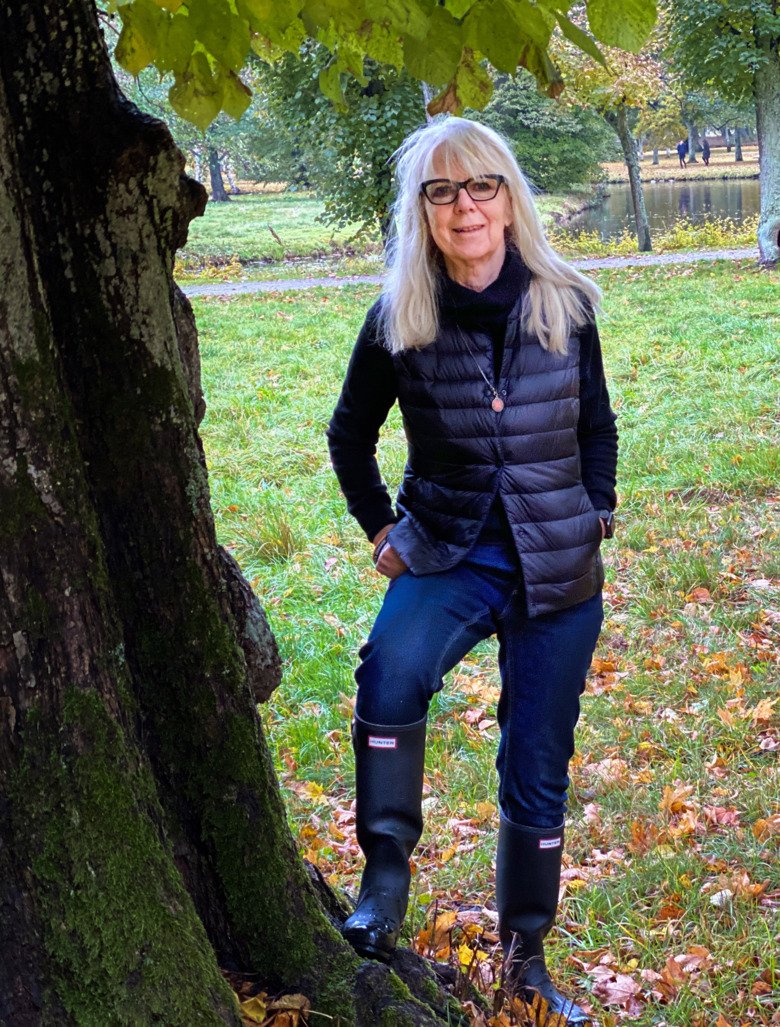Autoimmunity: "I don't trust the health care"
Name: Eva Rafner
Age: 70.
Occupation: Is chair of the Swedish Addison Association.
Read more: addison.se (in Swedish)

As told to: Annika Lund, first published in Swedish in the magazine Medicinsk Vetenskap nr 4/2020.
“I received my diagnosis in 1992 after five years of searching for various symptoms such as stomach aches, nausea and lack of energy. I had anxiety and sweating at night, was exhausted by a short run and my periods stopped even though I was only 37.
I became increasingly exhausted and started vomiting in the mornings. In the end, my brother drove me to A & E. There I became unconscious and was very close to dying. But I survived. They had given me hydrocortisone. After a couple of months, I got my diagnosis.
I've been lucky in many ways. I was able go back to work full-time at a job I liked until I was 55. Then I couldn't take it anymore and I was permanently on sick leave.
I've had Addison crises on five occasions since the diagnosis. In the event of a crisis, there is no time to lose; as I said I would die without cortisone. Health care generally has poor knowledge of Addison, although it is much better now than it was ten years ago. I think this is the hardest thing about this disease – when I get really sick, then I end up in hospital, but once there I don't trust them to understand the seriousness of my illness and help me quickly. Living with that knowledge is incredibly hard.
Since 2010, I have been chair of the Swedish Addison Association and have put a lot of effort into spreading information about this disease to the health care service and the general public.
The last time I had an Addison crisis, just over three years ago, the paramedics were very good. I got a cortisone injection in my thigh before leaving home, from a guy who told me he'd been to one of my lectures. But when I got to A & E and ended up in the trauma room, I had to beg for cortisone and a drip. They wanted to take a lot of samples at first and didn't seem to think it was urgent at all. It's extremely stressful to know that I have to be on my guard even when I'm as life-threateningly ill as in an Addison crisis.”
